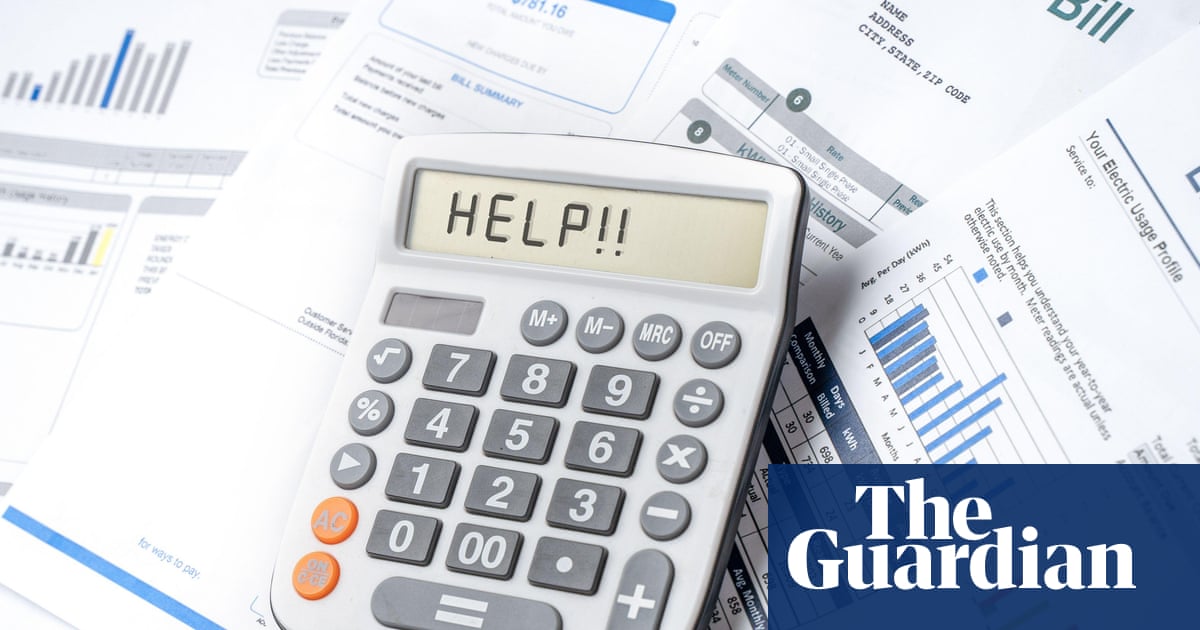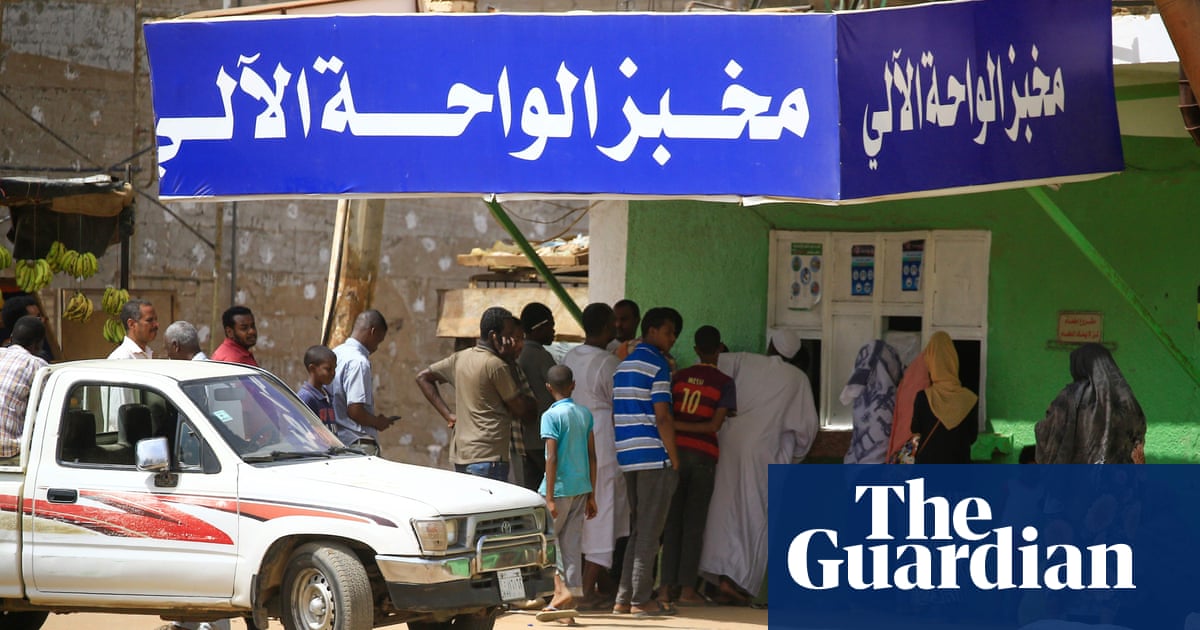
A record 6.7 million people in Britain are in financial difficulty, a campaign group has claimed, as the cost of living crisis pushes more households into debt.
A survey for Debt Justice found that 13% of adults had missed three or more credit or bill payments in the last six months, a figure that rose to 29% among 18- to 24-year-olds and a quarter of 25- to 34-year-olds.
The claim is supported by data from charities showing a surge in requests for help with problem debts, and official figures published on Friday showing an increase in the number of people becoming insolvent.
Crosslight Advice, a charity providing debt and money advice in London and the south-east of England, said inquiries were up by a fifth in the first two months of 2024 compared with the same period last year, reflecting a growing need from those struggling to make ends meet.
Although energy bills and some other prices have fallen from their peak, rents and mortgages are much higher than before the crisis and are straining household budgets.
On Friday, the Insolvency Service’s latest figures showed 10,136 people entered insolvency in February, a rise of 23% on the same month last year.
Of these, 709 were bankruptcies, 6,420 were individual voluntary arrangements (IVAs), where people arrange to repay some of their debts but usually have a percentage written off, and 3,007 were debt relief orders (DROs). The latter is an arrangement aimed at those who owe less than £30,000 and have less than £2,000 in savings.
In the recent budget, the chancellor announced he was removing the £90 charge for a DRO from 6 April to make them more affordable.
Debt Justice said it wanted all political parties to commit to helping those in unmanageable debt to make a fresh start and to give them protection against harassment by debt collectors.
In a Together Against Debt manifesto, launched as Debt Awareness week begins, it outlined a range of measures that would protect consumers, including a legal duty of care for local authorities and government departments chasing debts.
Joe Cox, a senior policy officer for Debt Justice, said the household debt crisis was becoming “ever more entrenched”.
“We need to see policies in party manifestos that can match the scale of the UK’s household debt emergency. As millions of people are currently weighed down by debt and under intolerable strain, it is time for some political leadership.”
Bruce Connell, Crosslight Advice’s chief executive, said although everyone had been affected in some way by the cost of living crisis the charity’s data was a reminder that “huge numbers of people are finding themselves in impossible financial situations”.
Almost half of those who contacted the charity for help have had to cut back or go without food because of financial pressures, he said.
Connell added: “When you’re in such a situation, it’s hard to see any light at the end of the tunnel, which is why Debt Awareness Week is so important; it’s a chance to highlight the support that is available and a reminder why services such as ours are needed more than ever.”












